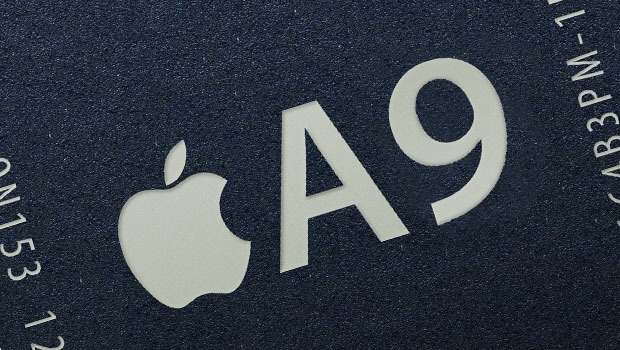http://www.forbes.com/sites/ewanspence/2014/12/13/apple-a9-chip-for-iphone-7-made-in-america/
It's ironic that Apple is in the position of saving Samsung Semiconductor since Samsung Mobile has repeatedly attacked Apple's golden goose, the iPhone. But it has been Steve Job's and Apple's philosophy that business is not a zero sum game (but even with that philosophy Steve wasn't willing to allow an insider on the board to use his advance knowledge to create a competing product to go unpunished). I enjoyed watching Steve Jobs and Bill Gates talking about the fine balance between cooperation and competition the other day in Walt Mossberg's classic interview.
I hashed out the cost analysis on how low a desperate Samsung Semiconductor could go and still come out ahead here.
http://www.perezonomics.com/1/post/2014/11/why-did-apple-choose-samsung-as-their-main-chip-supplier.html
Because Samsung is larger than Apple it may not be immediately apparent that Samsung needs Apple more than Apple needs Samsung in this relationship. Apple could cultivate other avenues for chip production. Apple supplies the demand. When it comes to supply and demand, it is demand that is the difficult part.
One way to look at these two would be the following. Let's say a guy who made $100k/year was going to buy a used car from a guy who made $1million/year. Who has more bargaining power? What if you knew that the guy who made $1 million/year had $5 million in debts and his bank said that it was going to foreclose on his house if he didn't come up with an immediate payment. And the guy who made $100k/year had $1million dollars in the bank and could shop around. Now who needs who more?
This was an extreme example but the point is that when Apple and Samsung sit down at the negotiating table it is Apple who wields all the power. Apple has the demand, not Samsung. They currently need each other, but it is Samsung who is the needier party in this duo.



 RSS Feed
RSS Feed